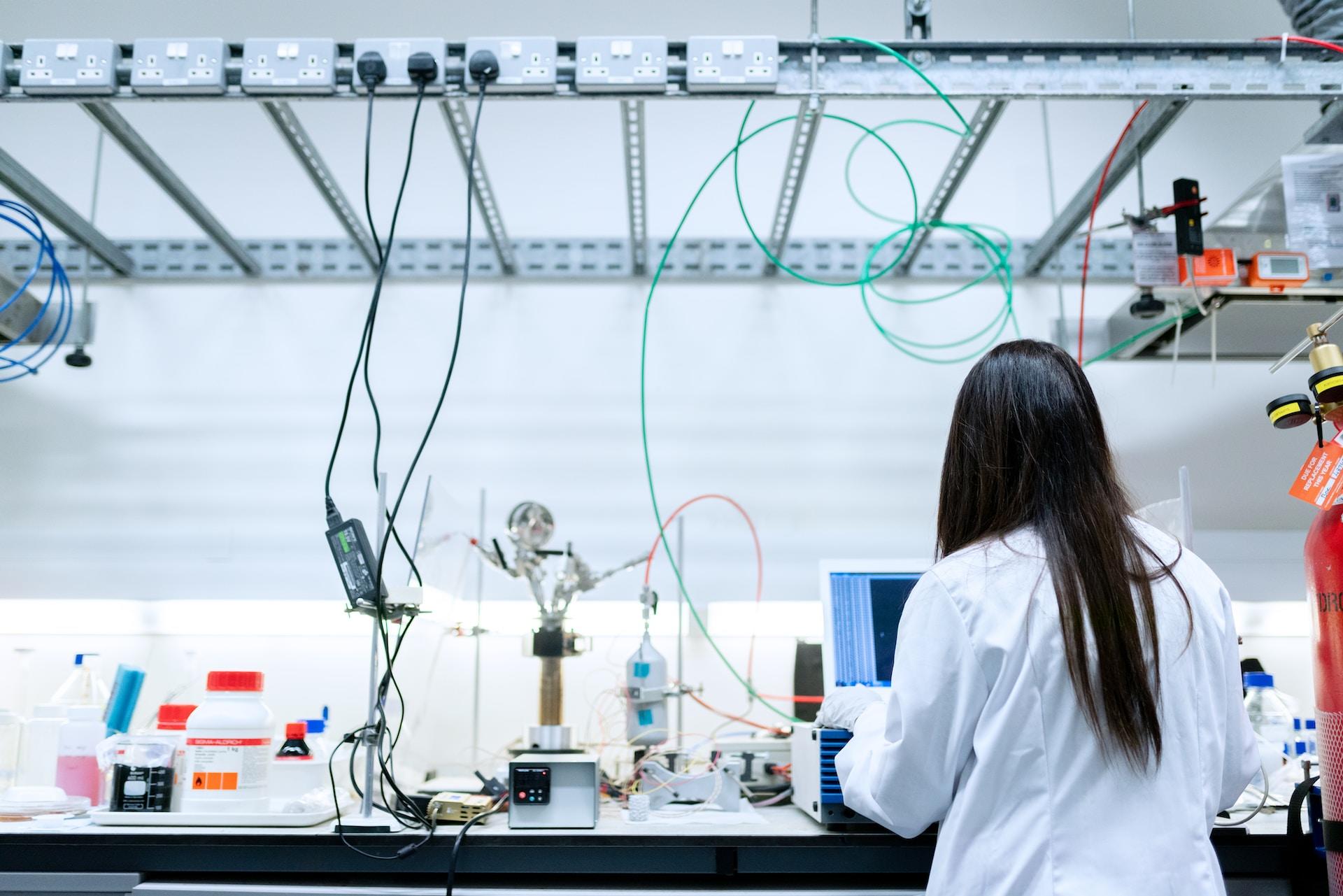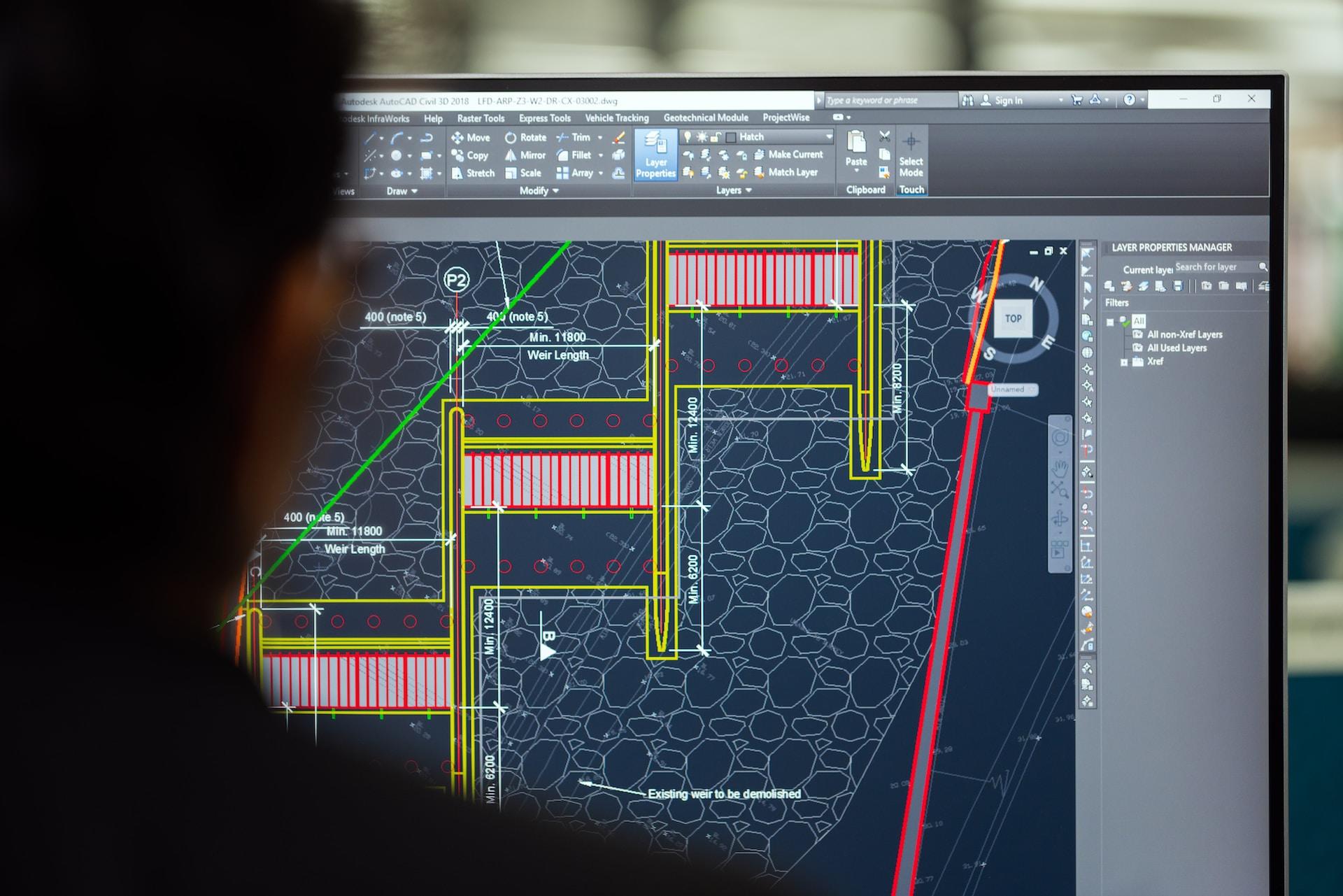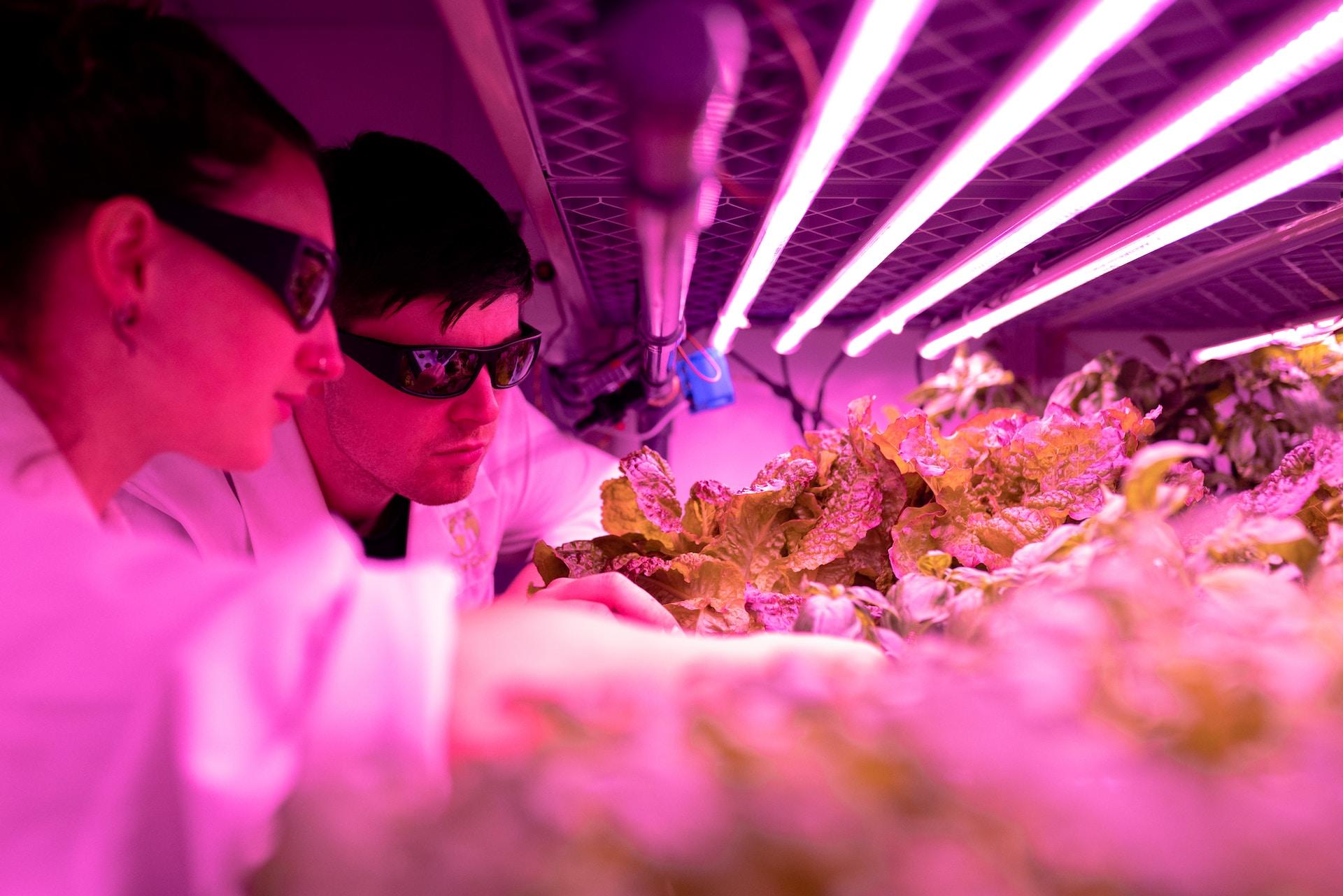Let's take a minute to reflect on all our roadways and bridges, airports and railways. Now, let's review our lovely cities: Adelaide and Cairns; Gold Coast and Byron Bay. Finally, we return home, where all our things have a place.
Everything we've just seen - everything in our built environment, an engineer had a hand in designing.
That takes some effort to wrap one's head around but that's not the end of our list of engineer feats. Your food and drink and any medicine you might take. The shower stall or tub you'll wash the day's exertions away in, and the soap and water you wash with. All of these things, too, an engineer had a hand in supplying.
This explosion of creativity that results in functional designs proves that engineering is a good career in Australia and anywhere else. But especially in Australia because, as it so happens, we don't have enough engineers. Ten years ago, Australia was lousy with such professionals but today, the demand for engineering talent is skyrocketing.
The list of engineering jobs is long and the lines between roles and functions are blurry. So we've collected this large set of job titles and organised them by where such an engineer might work.

Engineering Jobs in an Office
In many ways, engineering is a hands-on job; the kind where you don a hard hat and safety gear. But some engineering jobs involve mostly office work, even if those professionals work in the field at times. These three engineering specialities cover many positions that relate to these engineers' work.
Architect/Building Engineer
Most everyone knows what an architect does. They design and draw plans for structures and help oversee their construction. For that reason, they're also called building engineers. Long ago, architects drew building plans by hand but today, they use software - AutoCAD to render their designs.
Once the plans are drawn, a team of engineers gets busy hammering out the details. A materials engineer creates a model of the structure to help visualise its proportions and calculate how strong the foundation and support structures must be.
They will work closely with a geotechnical engineer to make sure the construction site's soil and bedrock can hold the building's weight.
Electrical engineers will plan the structure's electrical layout and a plumbing engineer or plumbing designer will plan the water supply and wastewater removal systems. Besides these professionals, each building project engages a team of engineering technicians to complete lesser tasks.
Computer Engineer
These engineers design and build computers and the components that make them run. They design everything from microcontrollers to central processors and even supercomputers. Computer engineering is a subspeciality of electrical engineering.
This type of engineering draws on skills and knowledge as much from computer science as from electrical studies. Computer engineers often work with electronic technicians who might do finer-detailed work like soldering resistors onto circuit boards.
Mechatronic Engineer
This type of engineer is in particularly high demand right now. They have a hand in designing and building robots and they dabble in Artificial Intelligence (AI) applications.
Their skill set draws from the same toolbox as electrical engineers, mechanical engineers and software engineers. Their work is done partly in an office and partly in a workshop or laboratory.
These are often the jobs people think of when they decide to become an engineer. But the engineering field is so broad that we've hardly scratched the surface of engineering jobs in Australia.
Let's step into the lab to find more engineers at work.

Engineering Jobs in a Laboratory
As broad as the engineering field is, it should come as no surprise that many types of engineering include lab work. For instance, an aerospace engineer might spend a lot of time in a lab conducting aerodynamic experiments. But these three types of engineers spend practically all their time in the lab.
Chemical Engineer
Chemical engineers use maths, physics and biology to investigate and understand substances. Their work strives to improve a range of products from food to fuel; they also help formulate medicines. Petroleum engineers, plastics engineers, metallurgical and mining engineers are sub-specialities of chemical engineering.
Biomedical Engineer
As their title suggests, these engineers' work relates to healthcare. They may design and test various medical devices like pacemakers and prostheses. With the dawn of personalised medicine - incorporating AI into healthcare solutions, their work is particularly exciting.
Imagine working with the team that's designing that healthcare computer system!
Materials Engineer
We touched briefly on what these engineers do in the previous segment; now, let's explore their job. These engineers put materials through batteries of tests to discover their properties and how they react to various exposures. They then investigate how those materials and unique properties could be used in industrial and commercial applications.
These engineering jobs may be the easiest to access because you don't need an advanced engineering degree. A four-year university degree will be enough to start your career as a chemical, biomedical or materials engineer.
Your salary might be low to start and your job title may be 'lab technician'. But you'll gain plenty of on-the-job experience that will see you leading projects in no time.

Engineering Jobs in the Field
All of the following types of engineers spend most of their working day on a job site even if they have an office. As mentioned before, engineering tends to be hands-on work that demands a lot of skills. If you prefer to stay active and work in a dynamic environment, consider these engineering jobs.
Mechanical and Industrial
These two types of engineers represent the mother lode. If you have a degree in either of these two types of engineering, you have an open door to explore virtually any engineering career path of interest to you. So extensive are their lists of sub-specialities that we compiled them in a table for easy reference.
| Emperor | Date of Rule | What They're Remembered for |
|---|---|---|
| Emperor Go-Kameyama | 1383 to 1392 | Forged peace with the Northern Court. Abdicated in favor of the Northern Court line. |
| Emperor Go-Komatsu | 1382 to 1412 1382–1392 as Emperor of the Northern Court 1392–1412 as 'legitimate' emperor | He was the sixth and last emperor of the Northern Court. All emperors after him are from the Northern bloodline. |
| Emperor Go-Yōzei | 1586 to 1611 | Established the Tokugawa shogunate |
| Emperor Go-Minzunoo | 1611 to 1629 | Imposes isolation (Sakoku). |
| Emperor Kōkaku | 1780 to 1817 | Abdicated so he son could ascend to the throne. This was the last abdication until 2019 |
| Emperor Kōmei | 1846 to 1867 | Proclaims the end of isolation. His son, Emperor Meiji, restored Japan as an open country. |
| Emperor Hirohito | 1926 to 1989 | Modern Japan's most impactful emperor |
Electrical
Like mechanical and industrial engineers, electrical engineering is one of the most diverse types of engineering fields. Related job titles include electro-mechanical engineer, radio frequency engineer, substation engineer and instrumentation engineer. SCADA engineers design and configure Supervisory Control and Data Acquisition systems in manufacturing concerns. Instrumentation and Control (I&C) engineers are also electrical engineers.
Civil
Civil engineers handle everything in the built environment, including roads and bridges, buildings and their fixtures. They often work with urban planning teams to help design cities and plan new developments. Often, you'll find civil engineers overseeing construction projects. Civil engineers may further specialise to become a construction engineer, a planning engineer or a project manager.

Engineering Jobs: Remote Work
We saved the best engineering jobs for last. Software engineers earn the highest salary and have the greatest degree of flexibility in their work. These engineers may work from home as independent contractors or in a company office.
Unlike structural engineers or other types of engineering work, people's lives aren't at risk should a software engineer make a mistake.
This career path is set to see exponential job growth through the next decade. Our world is getting ever more connected and tech-driven. So we need all the software engineers we can get to design, maintain and upgrade those systems.
But software engineers aren't just about backend programming - the type of programming that runs computer systems. They also design and write code for computer games and a host of other applications.
Software engineers often work with computer engineers to develop optimal computing environments for different situations.
For instance, a manufacturing concern uses its computer network and graphical user interfaces (GUIs) differently than, say, a fast food restaurant. Yet both businesses need similar systems and networks, albeit engineered to their specific criteria.
The computer engineer would determine how much their computer system's hardware and storage capabilities should be. The software engineer, in turn, would program the newly-built machine.
Like all the other engineering types discussed in this article, the software engineer title covers a lot of sub-disciplines. You might specialise as an application engineer. a firmware engineer, a network engineer or a user interface (UI) engineer.
Perhaps the best part about becoming a software engineer is how you can earn your degree. You can start your career as a software engineer with your undergraduate degree in Software Engineering.
This career path is open to you if you major in Information Technology or Computer Science, too.
You can also earn your qualification through Vocational Education and Training (VET). Most students who follow this path further their studies at university, earning their Master's Degree in Software Engineering.
As with any career field, the more education you have, the higher the salary you may command.
So vast is the field of engineering that it's a wonder anyone would ask "Is engineering a good career in Australia?". This field promises to explore the boundaries of creativity and challenge everything currently deemed impossible.
After all, flying machines and horseless carriages were follies less than two centuries ago. Today, they're indispensable - and it's all thanks to engineers.
Summarise with AI:
















